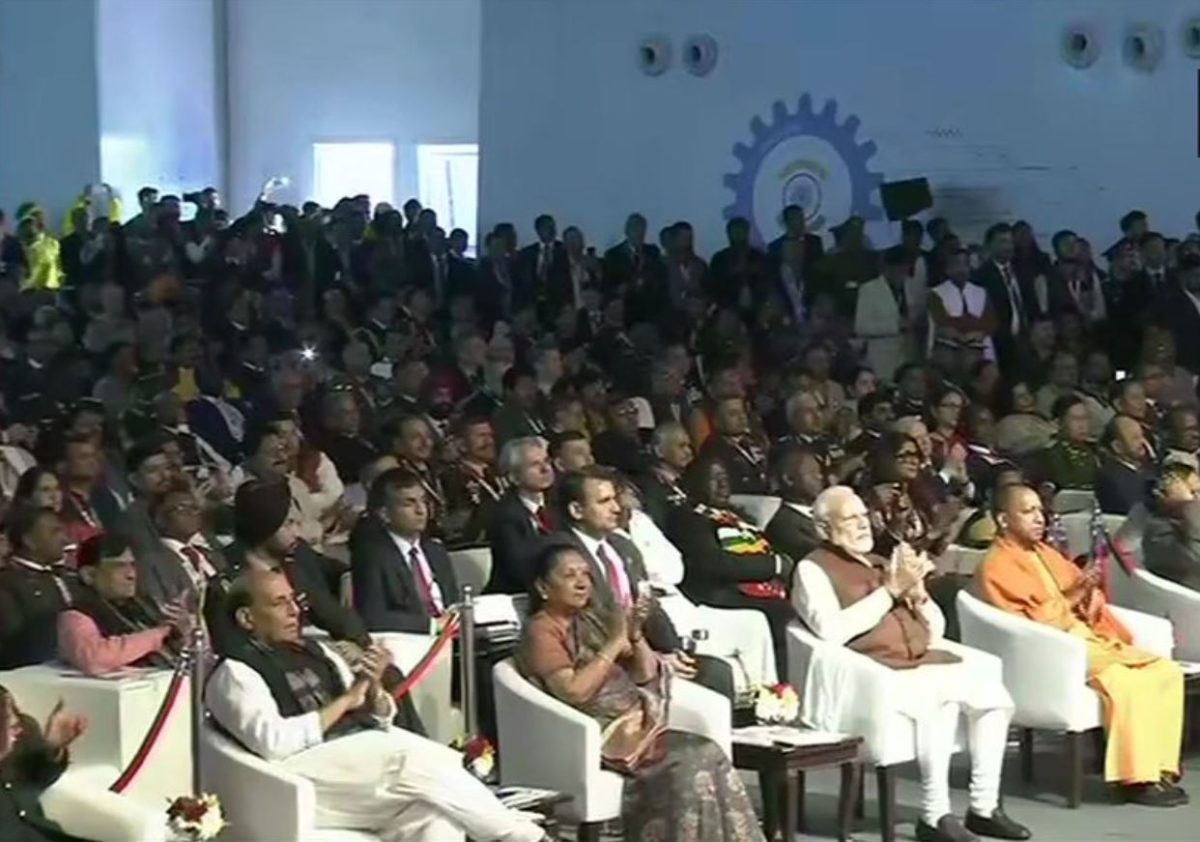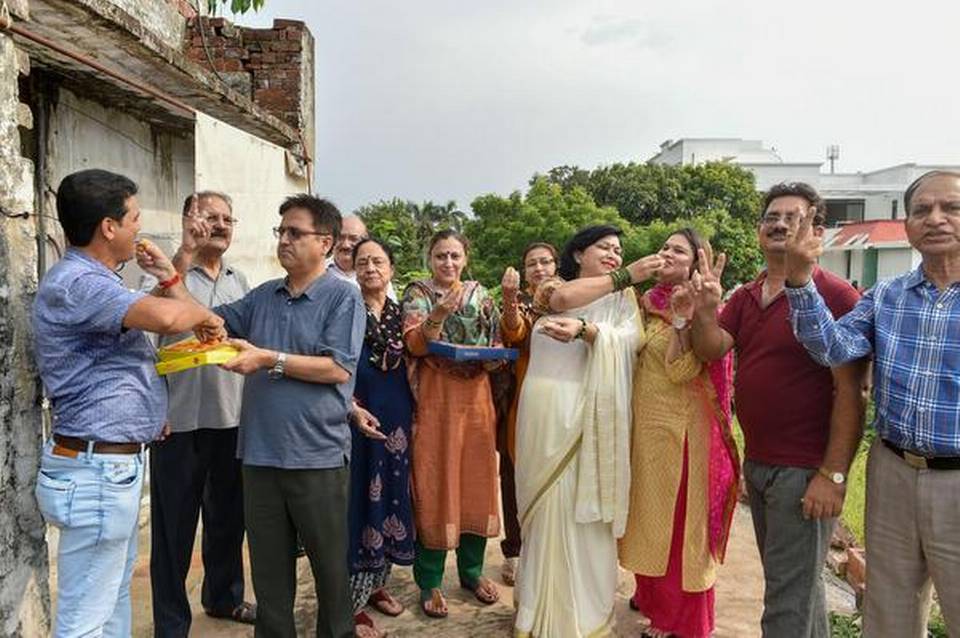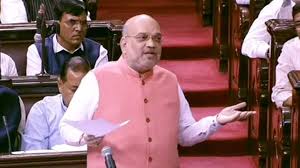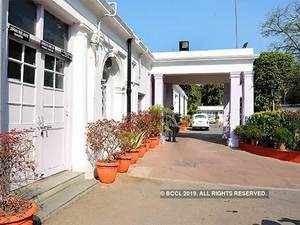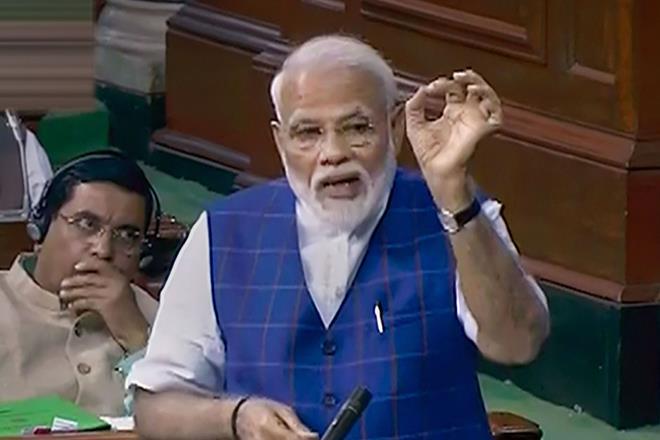Invoking Atal Bihari Vajpayee’s ‘Indigenous’ Dream, PM Modi Says UP Will Become One of the Biggest Hubs of Defence Manufacturing
Source:news18.com Lucknow: India is eyeing defence export of USD 5 billion in the next five years, Prime Minister Narendra Modi said […]
